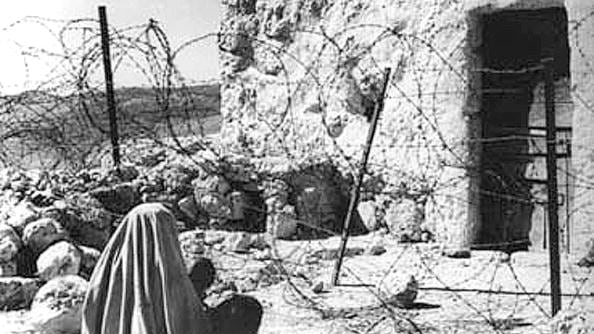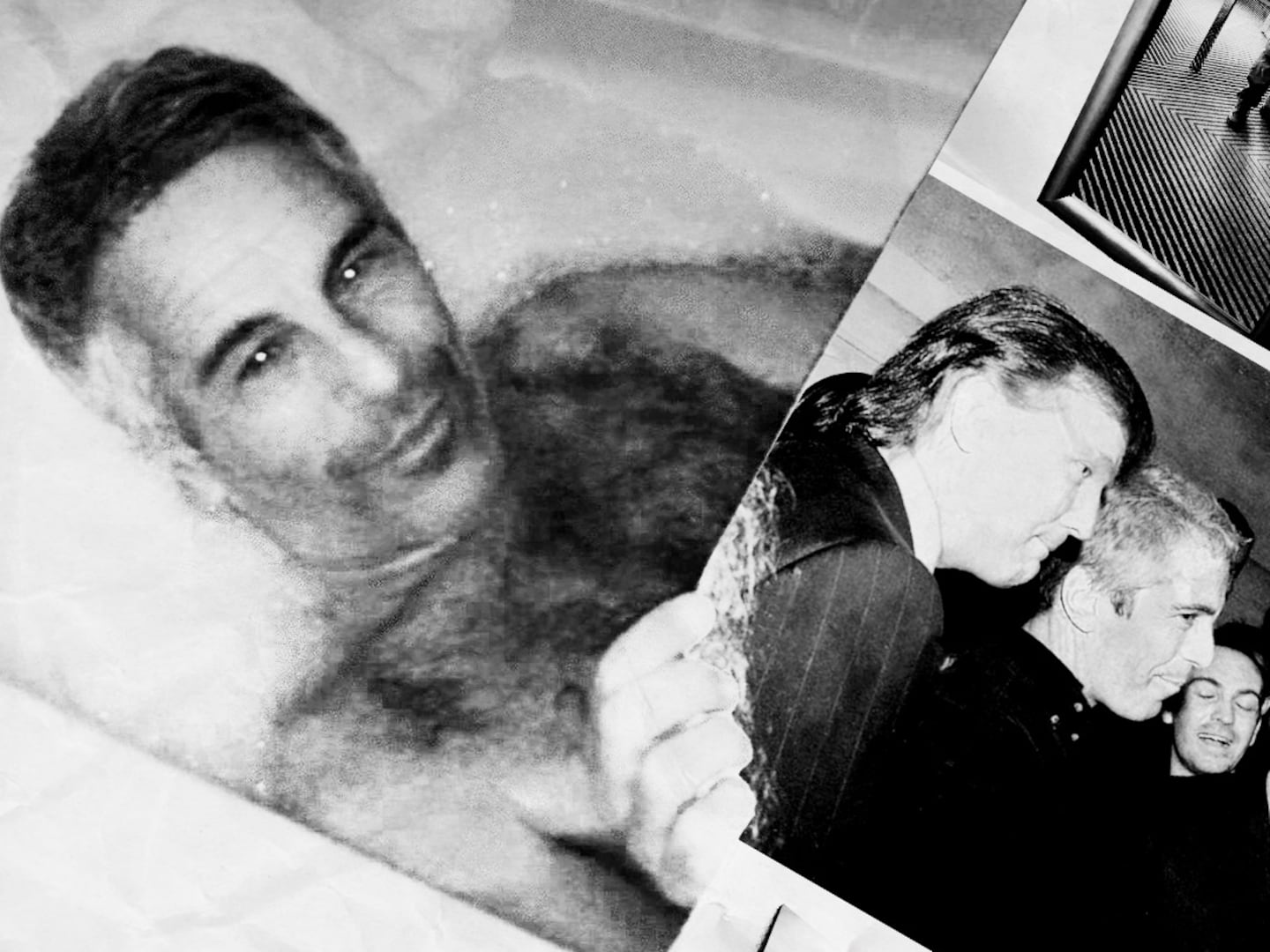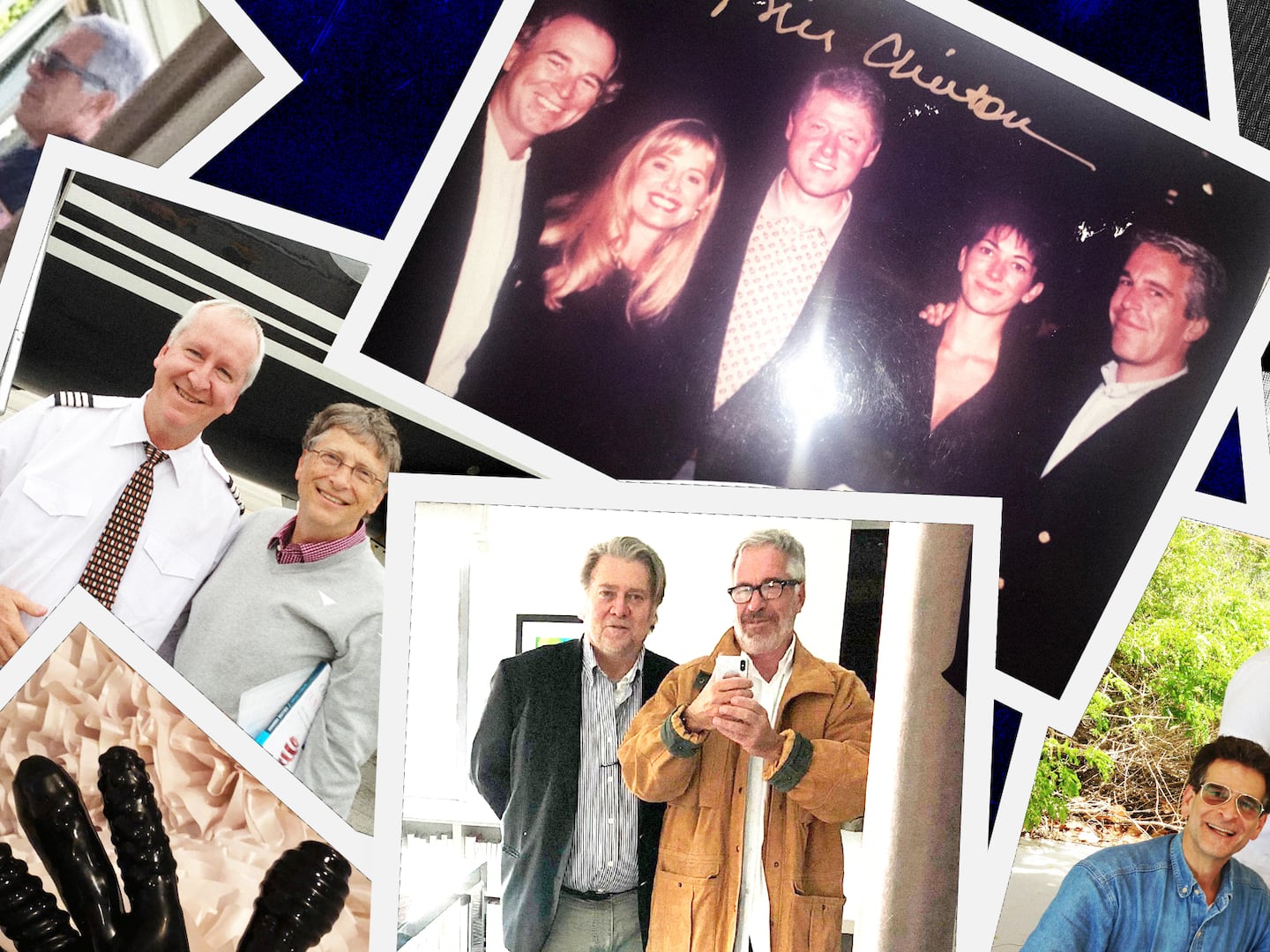“The Palestine question is so complicated, we’ve been talking about it for a century,” said Dr. Subhi Ali, chairman of the Jerusalem Fund, as he wrapped up the Palestine Center’s Annual Conference, last Friday afternoon, after a panel that had audience members whispering among themselves, This is so depressing. He closed the conference by taking the last question for himself, on the right of return. “No Palestinian can speak for any other Palestinian for giving up their right of return, regardless of who they are. The right of return is inherent. It is sacred. None of us should play with it, or designated it, or take the liberty to assign it to anyone. No one is elected to assign it. It can’t be owned. It can’t be rented. It can’t be bought. It can’t be sold.”Applause.

Strategy and new frameworks were nominally the topics of the session, but there wasn’t much of either. Most of the final hour and a half focused on a thwarted narrative and frustration, pathos and anger. Panelists painted a stark picture of stale options and a wonky sketch of a Palestinian world facing a massive leadership vacuum—punctuated by outrage. Injustice, in other words, more than innovative answers. Audience members ranged from 1948 refugees to their university-aged daughters, to a smattering of older church activists. Among some here, Jewish, progressive and ostensibly pro-peace movements are seen as efforts to make Jews feel better, not to advance actual rights for Palestinians.
But Zionism is not the only disappointment, nor a unique source of anger. Mahmoud Abbas was never loved here, and his recent comment on Israeli television that he doesn’t want to return to Safed was seen as, at best, a terrible misreading of the Palestinian Diaspora’s hopes; at worse as treason.
“Whatever we think of as accountability and democracy does not exist in Palestinian leadership,” Noura Erakat, a human rights lawyer and darling of the youth radical wing, announced in her fiery opening statements, which praised Mondoweiss and Electronic Intifada and students operating—unlike their Zionist counterparts—on a shoestring. “The two-state solution by all stretches of the imagination and fact finding no longer exists as a viable option,” she said. “This is a conflict about settler colonialism” and, she added, “ethnic cleansing.”
Her fellow panelists, Khaled Elgindy, a fellow at Brookings, and Leila Hilal, director of New America Foundation’s Middle East Task Force, were no less dire on Palestinian failures, but were more careful about, or maybe more weary of, radical solutions. “The Palestinian Authority is collapsing before our eyes," Elgindy said. "Arab states have donor fatigue; they feel they are underwriting the occupation.” Yet he wasn’t ready to give up on a two-state solution, nor was he willing to hand too much credit to youth activists: “The revolutionary youth movement is weak, divided and visionless. Or, at least, divided on their vision.” Picking up his thread, Hilal slashed through the idea of a third way, and the boycott divestment sanctions movement, as well as the basic premise of the two State Solution. “There is no coalescing around an alternative …and there [is no one promoting] an alternative to the two state paradigm and we need to question that as potentially stalling progress.”
After the panels, a trio of students, one a grad student, Tanya, the other two Lena, and Sima, undergrads, debated how to proceed going forward. All three agreed that human rights for Palestinians are the essential issue—but also that the right of return was inviolable, inseparable from the idea of human rights (at least two of them were children of refugees). Neither exists without the other, they explained, earnestly. And then they talked about exhaustion—exhaustion at trying to bring these issues to campus, exhaustion at trying to explain their positions to Jewish Americans. While they were quick to explain that there were many Jews and Israelis, many of whom were (as they described) “anti-Zionist” that were working with them, they were starting to feel that it was easier to reach across to other oppressed minorities rather than win over the still-moderately Zionist peaceniks who just feel uncomfortable, trying to figure out how to reconcile their own positions with those of the Palestinian solidarity movement.
Asked about role models—for fundraising, for outreach—one mentioned AIPAC. The other two recoiled: “[A]ny morality behind them is purely fabricated, you know, for them to think ‘this is my right’—well, Palestinians have that actual story.” Asked about J Street, there was a universal shrug. “I think it presents a different narrative for Jewish Americans,” said one, carefully. Said another: “It’s not authentic solidarity for Palestinians.”
And yet, for the undergrads at least, there was energy—they are anxious to ignite a movement on college campuses, a vision of a massive groundswell of support for Palestinian rights. But there weren’t all that many people there to inspire. The last panel had been sparsely attended. And while there were a handful of church activists in attendance, there didn’t seem to be many Jews. Maybe that wasn’t a bad thing. Some of the more radical statements were exactly the kind of thing that fires up the more anxious wing of Zionist movements; exactly the kind of thing that stymies Jewish progressives; the desire for Haifa, not just Ramallah; the rejection of any moral Jewish claim.
But there wasn’t much on the table here other than raising awareness—but with whom? Among whom? That night, it wasn’t clear that there was that much to be done—without partners, without new strategies, and without leaders. Many in the room felt like they were caught in a waiting game, yet few were in the mood to wait.






